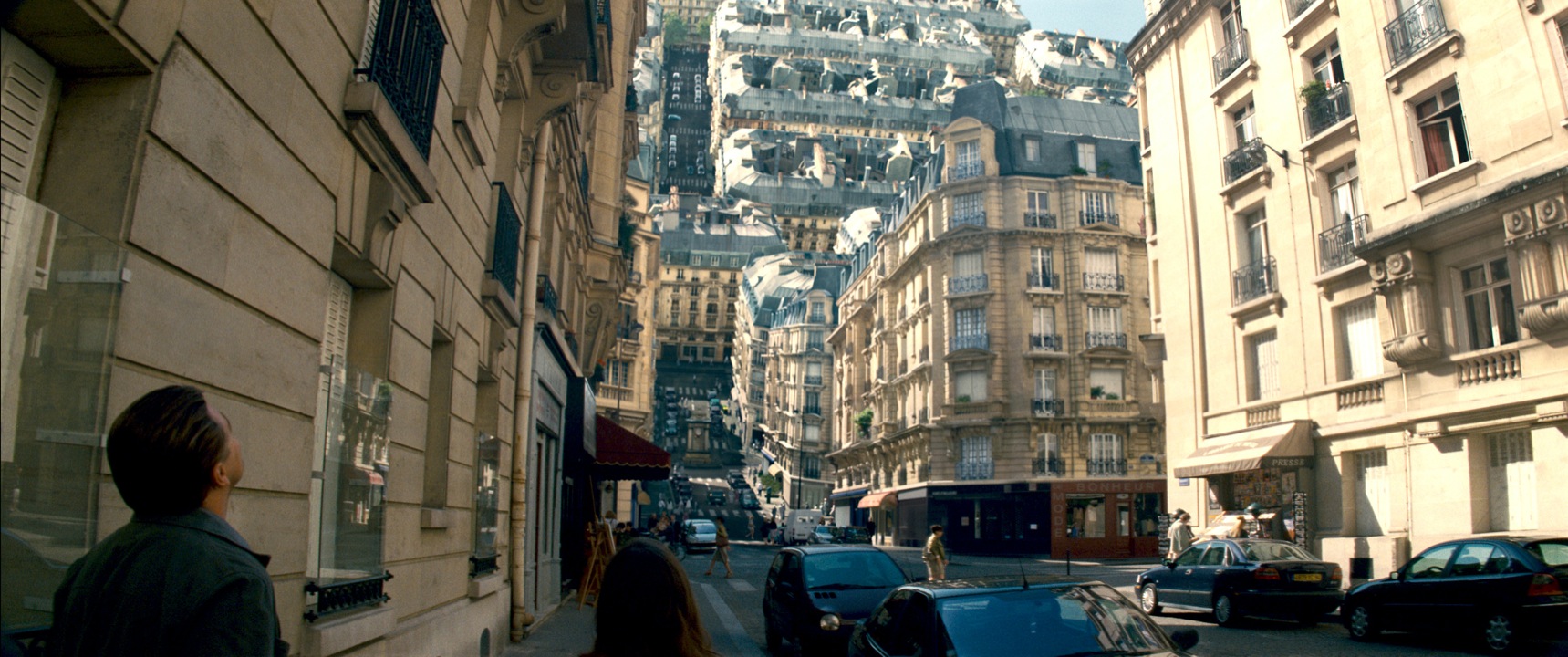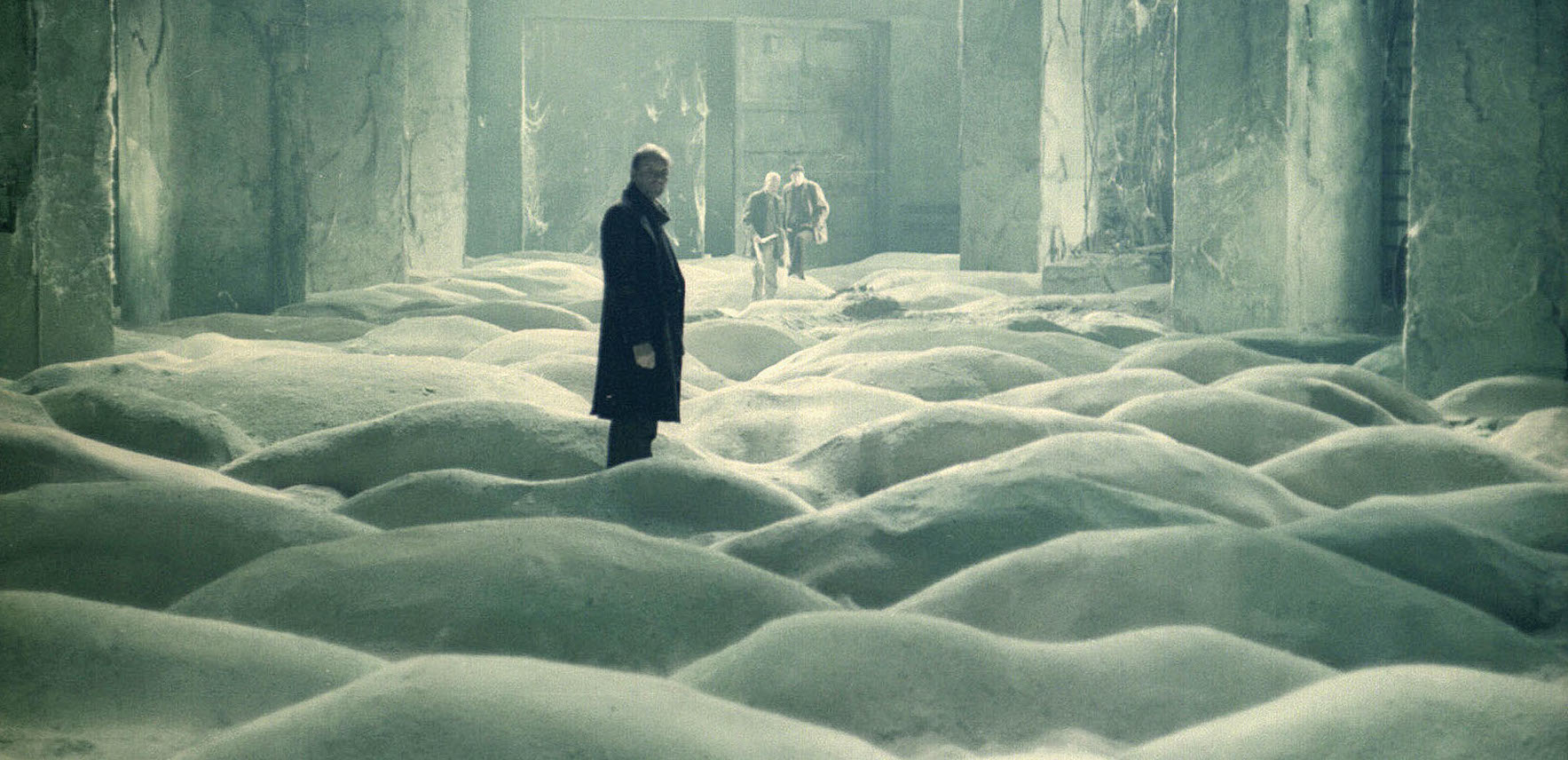Without further ado, here are the 25 must see movies for fall and winter 2015!
Read MoreTop 15 Best Movies of 2015 (So Far)
As 2015’s film fest circuit begins and powers the way to Oscar Season, I thought I’d check in with the top 15 movies of 2015 (so far):
Read MoreThe 25 Must See Movies Summer 2015
HYPE
Read MoreThe Top Ten Best Movies of 2014
Few films celebrate cinema the way Interstellar celebrates cinema, organs blaring, spaceships zooming, and IMAX projectors rolling.
Read MoreThe Top Ten Movies of 2014 (So Far)
The Top Ten Movies of 2014 (So Far)
Read MoreThe Top Ten Films of the 1950s
Rear Window (Alfred Hitchcock, 1954) - It’s Hitchcock’s best, not only because of its experimental model, but because it personifies the confounding nature of cinema.
Read MoreMy 14 Most Anticipated Movies of 2014
Grand Budapest Hotel (Wes Anderson, March 7th) - Coming off what might be if not the best film of his career certainly the most endearing and confident, Wes Anderson returns with what looks to be another gem of another one of the greatest living filmmakers. He’s one of the world’s finest living auteurs and actors seem to know it too. Grand Budapest has the craziest and biggest cast this year. Hell, just look at it: Ralph Fiennes, Tony Revolori, F. Murray Abraham, Mathie Amalric, Adrien Brody, Willem Dafoe, Jeff Goldblum, Harvey Keitel, Jude Law, Bill Murray, Edward Norton, Saoirse Ronan, Léa Seydoux, Jason Schwartzman, Tilda Swinton, Tom Wilkinson, Owen Wilson, and Bob Balaban. Wow. Anyway, it looks absolutely delightful.
Read MoreMy Top Ten Films of 2013
This is the best, and most accurate, representation of 2013’s year in film for The Metaplex:
Read MoreMy Top Ten Favorite Films of All Time
As I’m gearing up to post my top ten of 2013, I thought I’d first post my personal top ten favorite films. First, some ground rules: I’m allowed one film per franchise included, per genre included, and per director included (there’s more than one cheat among my rules, but since they’re mine, I don’t care). Also:
-These aren’t necessarily in order.
-This list is designed as a reflection of taste.
-Yes, I realize my top ten favorite films actually number fifteen.
-All the images are high res so it might take a hot sec to load everything.
1.) The Lord of the Rings- The Return of the King (Peter Jackson, 2003)
A cinematic marvel that doubles as a profound emotional experience equally as well as a big screen adventure, Peter Jackson's finale to The Lord of the Rings perfectly captures the spirit of Tolkien. And, perhaps most importantly, the deeply philosophical core hasn't been forgotten.
1.) Star Wars- The Empire Strikes Back (Irvin Kershner, 1980)
If Star Wars (1977) epitomized Joseph Campbell's Hero of a Thousand Faces by throwing in every story archetype George Lucas could think of into a ways-of-the- force-powered blender, Empire defied them all. Rich, dark, and utterly unconventional, it forced viewers around the world to rethink the possibilities of the blockbuster while being a highly satisfying and emotionally resonant adventure in its own right.
3.) 2001: A Space Odyssey (Stanley Kubrick, 1968)
Stanley Kubrick, who’s for my money the best director in the history of the medium, constructed a highly lyrical operatic opus that delves deep into our existential presence in the universe. As a friend once said, if this film doesn’t leave you wondering about god, science, the universe, and your place in it, you might not be human.
4.) Schindler’s List (Steven Spielberg, 1993)
Dramatizing the Holocaust with heartbreaking care, Steven Spielberg’s masterpiece is the only film to ever keep me up at night. Incorrectly labeled as sentimental hogwash by some, Schindler’s List uses a fiery hope not to gloss over the plight and death of millions, but instead as a tool of narrative juxtaposition, contextualizing the extremity of evil that Nazism was. Harrowing and beautiful, it’s the best film Spielberg will probably ever make.
5.) Indiana Jones: Raiders of the Lost Ark (Steven Spielberg, 1981)
The ultimate action/adventure film, Raiders defines the abstract idea people refer to when saying “I want to go to the movies.” It’s an intangible quality no film has yet successfully mimicked, and no film probably will. What can I say, Spielberg’s a master.
6.) Inception (Christopher Nolan, 2010)
Famous BBC and Guardian critic Mark Kermode called Nolan’s 2005 superhero reboot Batman Begins an art house movie masquerading as a blockbuster. It’s a statement that’s gone on to encapsulate four of the fan favorite director’s movies, but it’s probably never been more applicable than with 2010’s Inception. Spiritual, existential, and scientific, Nolan tackles big ideas in one of the most rousing and intellectually tantalizing films of the modern film era.
7.) Seven Samurai (Akira Kurosawa, 1954)
Arguably as influential as the popular number one pick for the best film of all time, Citizen Kane, Akira Kurosawa singlehandedly wrote the rulebook on action/adventure film in this acclaimed classic. The rhythm, pacing, and sustained excitement over the three and a half hour running time is nothing short of extraordinary, making it one of the rare films you can dare to call perfect without rolling eyes.
8.) Lawrence of Arabia (David Lean, 1962)
The most epic film ever made, the epic of epics, Lawrence of Arabia’s legendary scale is matched only by the grandeur of Lawrence himself. A character study at its heart, Lawrence, the film and the man, treats death and glory as though they were a fetish, giving a sexual charge to the film that powers the drama as much as thousands of extras on horseback. It’s the quintessential film to see on the big screen, and to see it in 70mm at a classic movie house? That’s the stuff of the gods.
9.) Blade Runner (Ridley Scott, 1982)
Sci-fi as moral parable has never been more poignant than in Ridley Scott’s neo-noir masterpiece Blade Runner. Set in a hellish 2019 Los Angeles, it has one of the most atmospheric moods in cinema history. Following a detective hot on the tail of renegade androids seeking to live past the death date their human makers programmed into them, this is a film that roots deep and stays long after its ended.
10.) Oldboy (Chan-wook Park, 2005)
A cocktail of psychological warfare and stylistic invention, Oldboy’s a shock to the system that left me mesmerized. A surrealist nightmare, it’s a film best left discovered. Watch it.
11.) Princess Mononke (Hayao Miyazaki, 1997)
A mythic opera of Japanese lore, Miyazaki crafts a potent narrative full of real-world allegory that’s as visually wondrous as it is violent.
12.) Manhattan (Woody Allen, 1979)
Featured in my first article of Netflix Picks, I summed it up well: One of Woody Allen’s most loved pictures, and with reason. It doesn’t carry the one-two punch witticisms of his best picture winning Annie Hall, but it remains Allen’s most artistically accomplished work. And, for me, it’s the most romantic movie ever made.
13.) Stalker (Andrei Tarkovsky, 1979)
Stalker shows the art-house master Tarkovsky at the height of his cinematic powers, making a film that defies verbal explanation but promotes deep poetic understanding. Famous for a lyrical cinematic style made up of cinematography that often resembles moving paintings as well as reflective dialogue, Stalker is his most fully realized work.
14.) The Social Network (David Fincher, 2010)
The Social Network is a revolution to itself, bringing together a stunning ensemble of authoritative cut-cut-cut editing, a twisted electronic score by Trent Reznor, darkly beautiful digital cinematography, and the definitive narrative for Generation X. Following the creation of Facebook and the court cases that ensued, the film meditates on our fetishized use of digital technology and the hollowed relationships that come as a result. It’s a film about how we act, think, and why, and its relevance increases daily. It’s one of the only contemporary films with a sure shot at becoming a classic, if it isn’t already.
15.) Mulholland Dr. (David Lynch, 2001)
It might be an eccentric commentary on the BS politics of Hollywood, a despairing glance at a crushed soul, or a one of a million other interpretations famed filmmaker David Lynch would insist you’re wrong about, but Mulholland Dr. is a surrealist masterwork. Giving one of those can’t-take-my-eyes-off-her performances, this isn’t just one of the most underrated performances of the 2000s, but it proves Naomi Watts is one of the most underrated actresses working today.
















